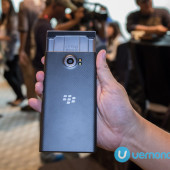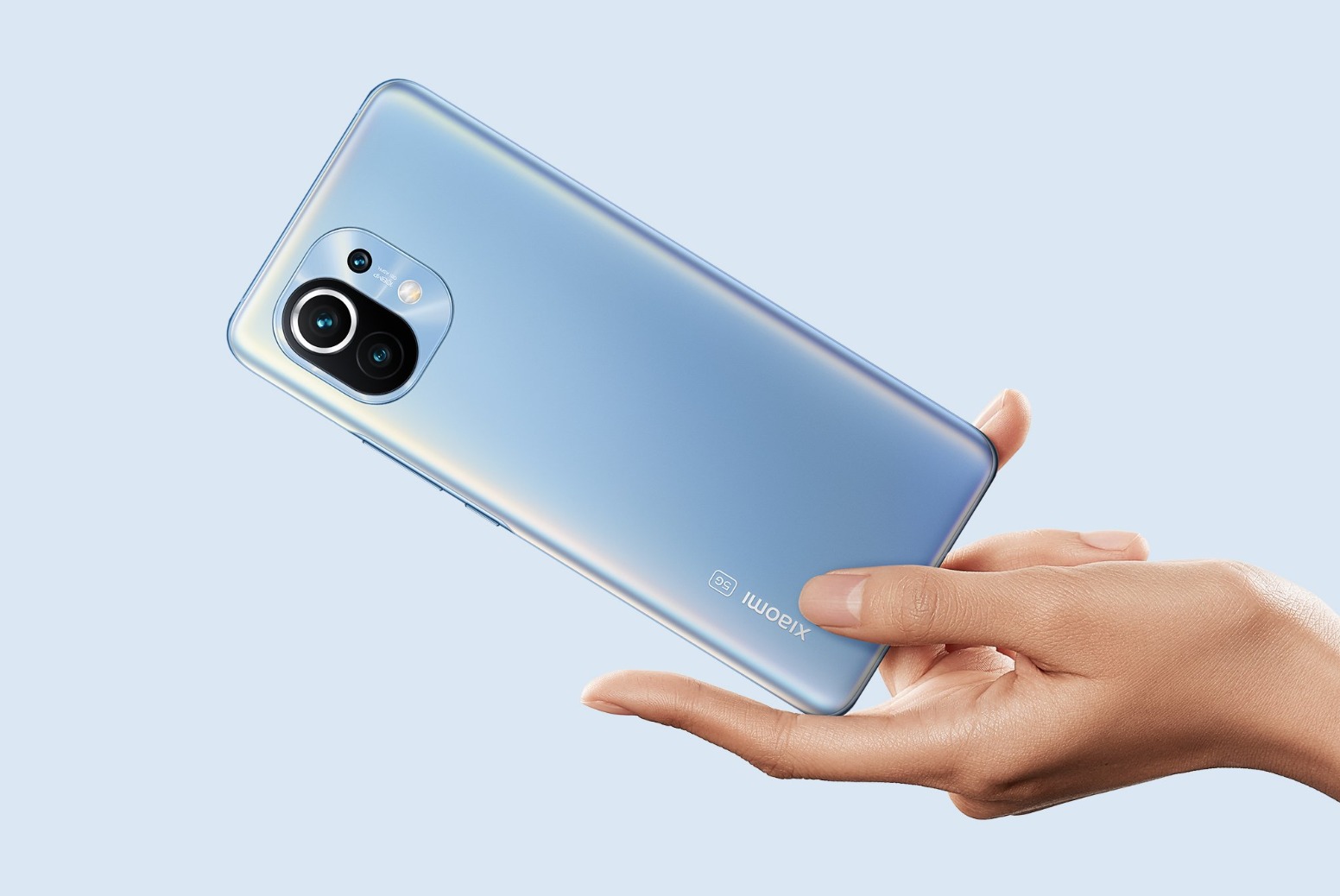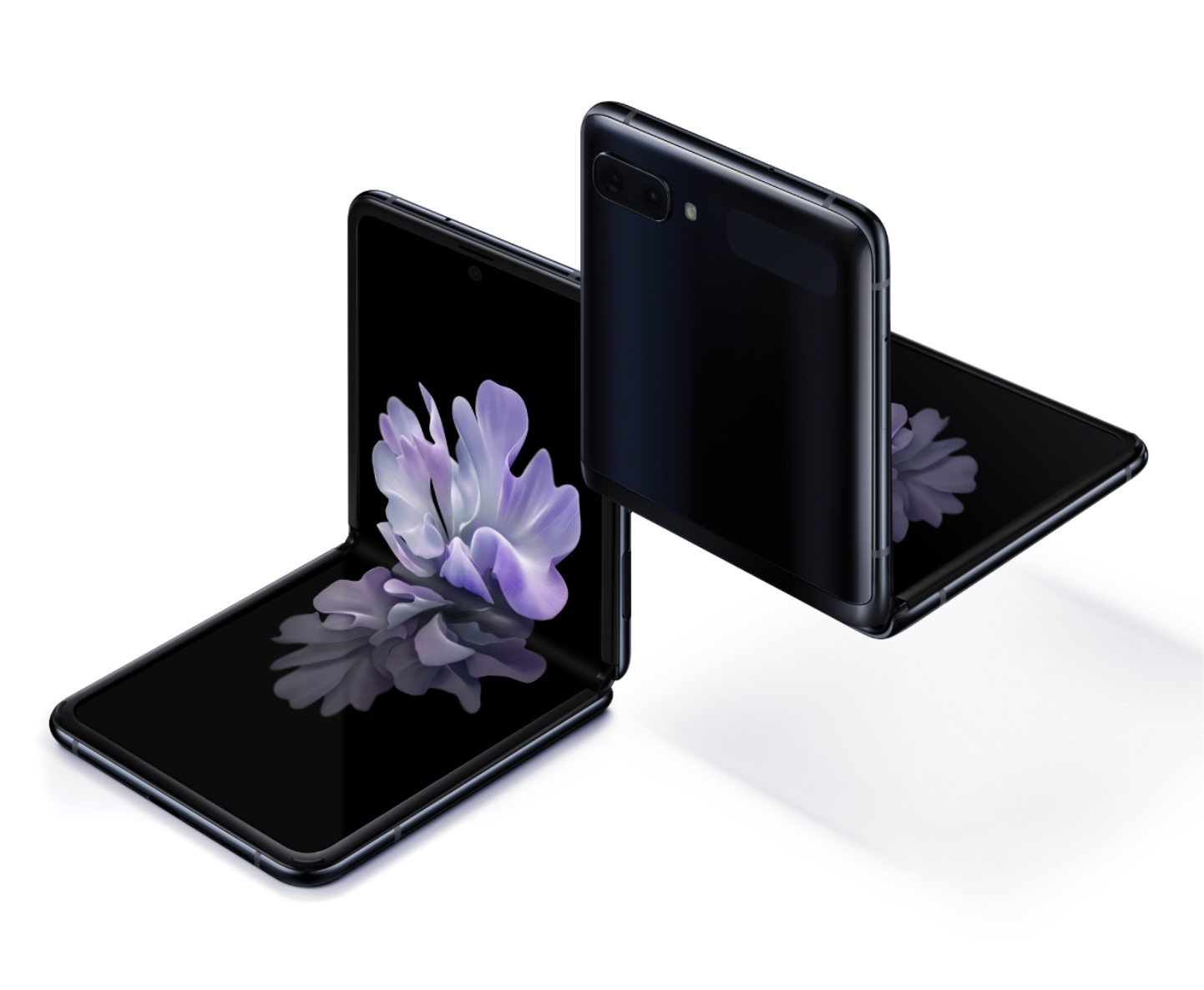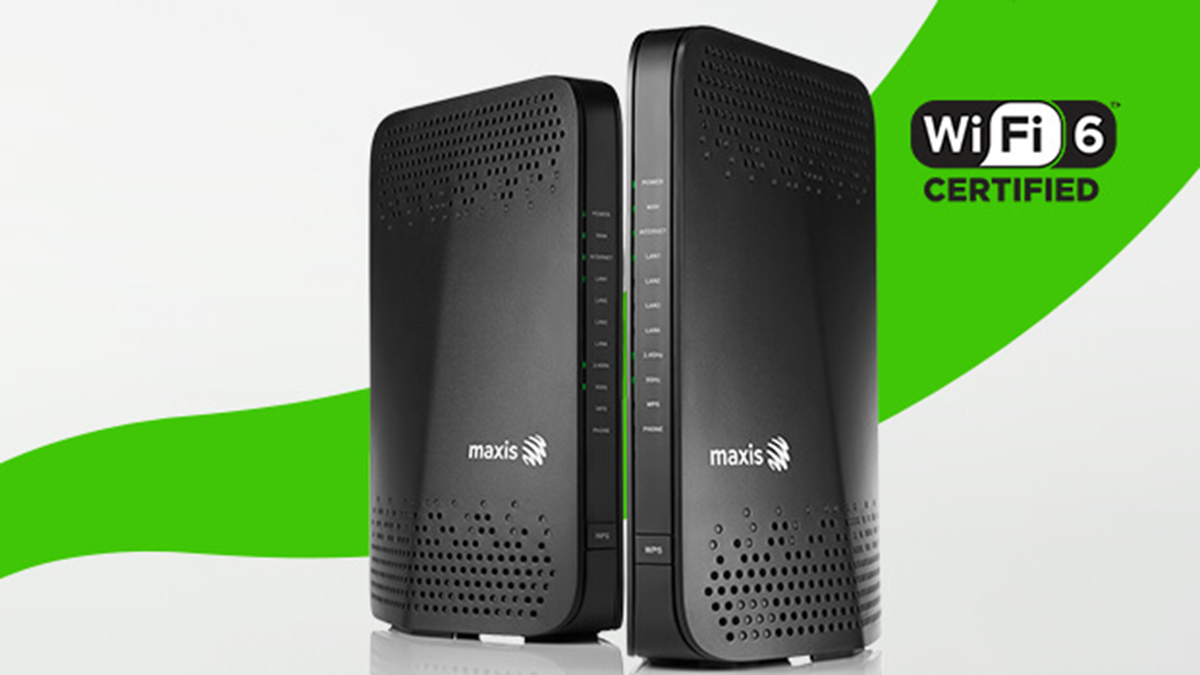It’s here. It’s unmistakably a BlackBerry. It’s got a fancy slide-out keyboard, and yet.. it’s not quite the BlackBerry you’ve known all this while. Because, pretty people, it runs Android. If security and PRIVacy mean plenty to you, then you may also be one of the PRIVileged few to own one. Because it’ll burn a hole in your pocket.
A match made in…
Call it an abomination of sorts. Or perhaps a ‘marriage’ for lack of better word. Then imagine the Mac without OS X. Or Microsoft without Steve Ballmer. OK, wait, that’s already done.
Guess where this is heading? The crown jewels. The operating system. Hardware means nothing without the software (and vice versa). Imagine giving up on your most valuable asset.
I know some of you may argue that BlackBerry’s crown jewels are security and privacy, but I digress. I think the BlackBerry operating system is its pillar. From the good old days of BB OS 6, to OS 7, right up to BlackBerry 10 OS.
For the most part, BB 10 OS brought some really cool things to the plate. Even better than Android, better than iOS. Four-way gestures were unique to BlackBerry, as was the BlackBerry Hub and Peek. With its QNX underpinnings, BB 10 OS was also highly robust, extensible and secure. So it had potential.
But as luck would have it, just having a sleek, fluid operating system isn’t the only thing you need to thrive in the mobile space. You need an ecosystem. I think Microsoft will have a tale or two to tell you about that, when it comes to its own Windows Phone platform.
Yeah sure, call it overrated but Apple and Google will agree that it’s all about apps. And BB 10 just didn’t have that breadth it needed to appeal to new customers.
So, what was Plan B? Well, do the next best thing. Play buddy with Android. Create a runtime environment and let the user install Android apps in their BlackBerry device. How cool is that?
It worked. Sorta, kinda. It was almost seamless (at least with BB 10.1 OS), and for most part apps worked pretty well.
A couple of millions of devices sold later, and with BlackBerry coming in and out of a coma, the once corporate mobile darling threw down the towel. It was giving up on BlackBerry OS.
READ ALSO: [Review] BlackBerry Classic: One for the fans
BlackBerry’s own OS just didn’t grow big and fast enough to be relevant or commercially viable. To give credit where it’s due, the phone maker delivered some of its finest products to date – BlackBerry Q10, Z30, Passport, Classic and Leap. While it appealed to BlackBerry fans, it failed to entice new users to the platform.
Simply because Android and iOS have more vibrant, thriving ecosystems. To put it into perspective – choice is everything. It didn’t help that there are crazy cheap Android devices out there with better specs.
Hello, Android
Call it inevitable. Adopt the biggest mobile OS, integrate your secret sauce in security and privacy, do a mashup of a touchscreen+physical keyboard and make it, well…sexy.
For what it’s worth, BlackBerry has done it. Say hello to the BlackBerry PRIV. It’s latest and greatest, and its first Android smartphone. And possibly the most secure Android smartphone you’ll find.
In the cosmetics department, the PRIV looks great. To be honest, I don’t think BlackBerry ever had problem with design. Perhaps maybe the Torch. Which brings us to the PRIV’s form factor – the slider. So the PRIV features a touch-screen with a dual-curve display, and a slide-out touch-sensitive keyboard.
Talking about the keyboard: It’s very good, both onscreen and physical. While I prefer the physical keyboard on the Classic, it’s still great. The onscreen keyboard is fast, accurate and word suggestions work well.
It can feel unwieldy in the hand with the keyboard fully extended, but I expect you’ll be using it with two hands anyways.
It’s overall built well, with a signature BlackBerry premium feel and finish.
On paper, the PRIV is as well-specced as a flagship BlackBerry device should be. It’s top notch, the best yet. And from an Android perspective, it’s pretty top tier too, on paper at least.
The PRIV opts for the 64-bit Qualcomm Snapdragon 808 mated to an Adreno 418GPU, 3GB RAM and 32GB of internal storage. If you find the capacity lacking, you can plonk in a microSD card and up storage to up to 2TB.
The display is pretty snazzy – a dual-curve 5.4-inch QHD display (540PPI), similar to the one found on the Samsung Galaxy S6 edge and S6 edge+. The edges’ don’t do overly much, unlike on the S6 edge, though.
The device gets a fairly large 3,140mAh battery which should assure a full day’s use.
Meanwhile in the camera department, BlackBerry has gone out guns a-blazing with a whopping 18MP rear camera with OIS and dual-LED flash. It uses renowned Schneider-Kreuznach optics, so it’s pretty serious about getting the camera experience better than ‘good enough.’ The main camera shoots high-res stills and even captures 4K video.The front gets a paltry 2MP unit, which is probably the only crappy thing you’ll find on the device in terms of hardware.
The PRIV runs a stock-looking Android 5.1 Lollipop with no Marshmallow in sight, yet.
The BlackBerry security thing
While Android isn’t exactly the epitome of a ‘secure environment,’ the PRIV with BlackBerry’s expertise makes it possibly the most secure Android you’ll find.
BlackBerry’s legacy in security and privacy is second to none. And the PRIV has security at its core. Here are some highlights:
- Advanced privacy controls: The exclusive DTEK by BlackBerry app is pretty hardcore. It montors and reports app access to your device’s mic, camera, location and personal information. It makes sure your data stays private, and prompts you when it finds that it is not.
- Secure hardware: The PRIV cryptographic keys injected into its core, providing a secure foundation for the entire platform.
- Verified boot and secure bootchain: Keys are embedded at every level from hardware to OS to applications to ensure they’re not tampered with. Android’s Linux kernel has been hardened with numerous patches and configuration changes to improve security.
- Backed by BlackBerry’s EMM solution: BES 12, BlackBerry’s trusted EMM solution offers cross-platform management of the PRIV and other devices. It’s a full end-to-end security solution that offers secure collaboration with business users like Secusuite and WatchDox for secure voice and file sharing respectively.
Pricing and availability
The exclusive PRIV is available for pre-order from 8-14 December, at 11street. The first 60 customers will get the PRIV at a special discounted price of MYR3,388 inclusive of GST. Visit www.11street.my.
From 10 December onwards, you’ll be able to pre-roder the PRIV at selected Blue Cube Outlets, also at MYR3,388 inclusive of GST.
The PRIV will be available at its RRP of MYR3,559 inclusive of GST through 11street, Celcom, Maxis, Tune Talk and other BlackBerry authorized partners from 15 December 2015.
The bottomline
Without a doubt, this is the most kick-ass device BlackBerry has ever made, at least hardware-wise. It exudes the BlackBerry DNA – from its good looks, premium finish and security features inside and out. And that keyboard. From the point of view of an Android device, it looks fantastic on paper too.
On BlackBerry’s part, the move to Android is a necessary, calculated risk. It risks alienating its existing users who love BlackBerry devices, and BlackBerry 10 OS. As it is, it has already bled users to rival platforms.
On the flipside, it is also a huge opportunity. Can it entice ex-users back to the BlackBerry platform? Can it entice new users over since it now runs a more ‘familiar’ environment i.e. Android?
The PRIV as a whole package looks and feels like a winner. The price tag though. Hmm… not so much. MYR3,559 is a lot to pay for a smartphone, even when compared alongside the most premium ones from Apple, Samsung and Huawei.
Let’s be honest here. The PRIV isn’t a mass market device. It’s not going to sell in numbers. It’s not going to grab market share. However, it does show is that BlackBerry can make premium devices. The crucial thing is to churn out more devices in the mid- and low-end, at more affordable price points. And market the hell out of them. And it needs to be done fast.
The ultimate question is this: Does security matter enough for you to shell out that much for a smartphone?
Plenty of maybes from both the BlackBerry and Android camps.
What do you think?




















